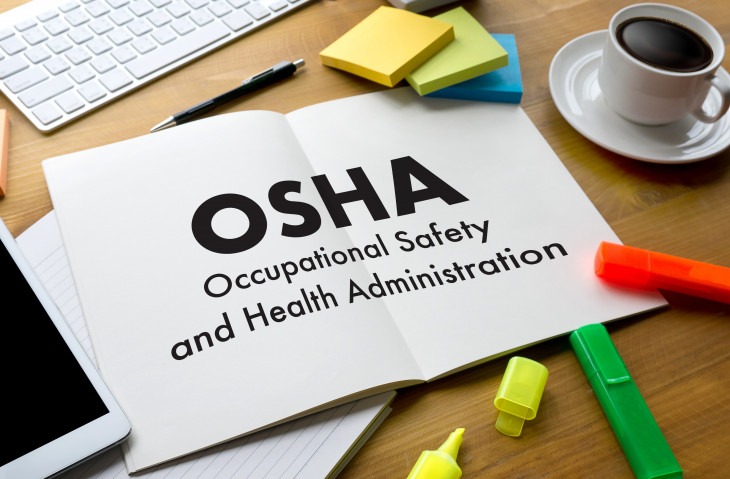Typically, health and safety specialists require a bachelor’s degree. Usually, these workers undergo training on the job in regulations and inspection procedures. Occupational health and safety specialists work to help protect employees from potentially hazardous work conditions by recommending and implementing safety measures.
Education & Training
Most occupational health and safety specialists require a minimum of a bachelor’s degree in safety, occupational health or a related technical or scientific field including chemistry, biology or engineering. A master's degree may be necessary for certain positions in health physics or industrial hygiene. Common courses include: hazardous material control and management, respiratory protection, radiation science and risk communications.
Depending on the specialty the students prefer to work in, these courses may vary. Individuals studying industrial hygiene will focus on different topics in comparison to those studying health physics.
Many employers prefer clients who participate in internships; however, they are not always required. Individuals interested in pursuing a career in in this field ideally should study the following in high school: physics, English, biology, math and chemistry.
Training
During their formal education, occupational health and safety specialists learn from standard procedures and laws and receive some training on the job specific to certain work environments. A specialist who inspects factories will have different training that those who inspect office spaces.
Licenses, Certifications, and Registrations
Most employers encourage certification, even though it is voluntary. A variety of organizations offer certification, depending on the particular field that specialists work within. To be eligible to take most exams, specialists must have graduated from a accredited educational program and have relevant work experience. Periodic continuing education is necessary to maintain up to date certification.
Skills and Qualities that will Help
Ability to use technology: Relying on advanced technology is a requirement for this occupation. Complex testing equipment is commonly utilized in this field.
Communication skills: Being able to adequately communicate safety concerns and instructions to managers and employees is a necessary part of the required skill set. These specialists often work with technicians to test and collect samples of potential hazards including vapors and dust within the work environment.
Detail oriented: Paying attention to detail is important in order to adhere to particular health and safety government regulations and standards.
Physical stamina: It is often necessary for health and safety specialists to travel on a regular basis and stand for extended periods of time. Certain people may work in harsher environments including mines and tunnels.
Problem-solving skills: Problem-solving solving is an integral aspect of this job. Occupational health and safety specialists need to find safe solutions to environmental concerns and unsafe working conditions in the workplace.









